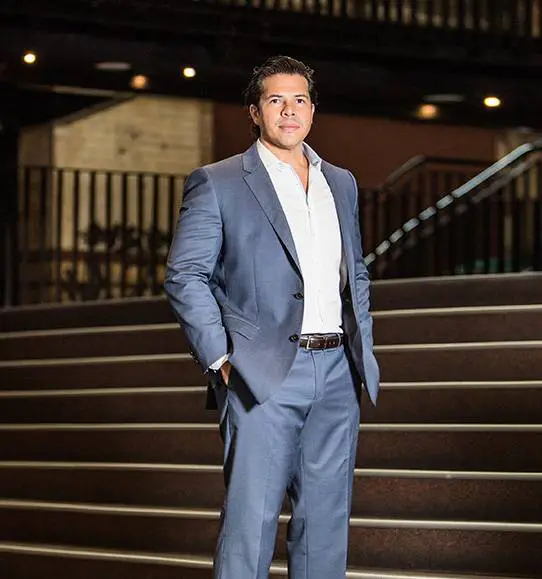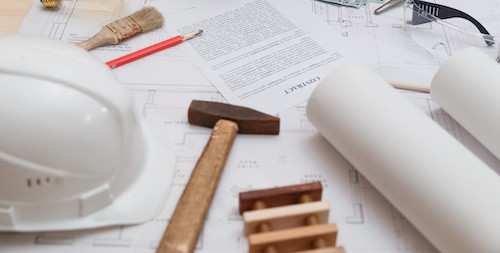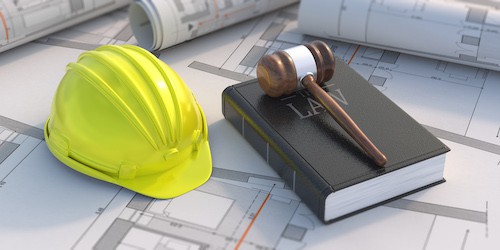Whilst an unfavorable reality, construction contract disputes and construction disputes broadly are not uncommon occurrences and can arise for a number of reasons. Namely, these disputes often concern disagreements regarding payment or the meaning of contractual clauses. These disagreements can be incredibly time-consuming, costly and impose significant levels of pressure/stress on both the businesses and/or the individuals involved. RCR has had vital experience in both residential building disputes (between homeowners and builders) and commercial disputes (between principals, contractors or subcontractors). We are masters in protecting your interest and providing you with cost-effective options, helping you achieve a desirable outcome. So how can a dispute be ended?
How do you resolve conflict in construction?
Conflicts when they arise are generally resolved using dispute resolution practices. So what is dispute resolution in construction? Although for many litigation may pop up in their minds as being the only form of dispute resolution available, many other forms are available to resolve conflicts. Some contracts may specifically require a specific dispute resolution process to be engaged in when conflict arises. Dispute resolution processes are also be prescribed by legislation, as is the case for the Building Industry Fairness (Security of Payment) Act 2017 (BIFA), which stipulates and provides a method for adjudication to be engaged in when disputes arise regarding progress payments.
Construction law and dispute resolution
There are many different kinds of dispute resolution processes. The spectrum of these processes begins with informal/consensual processes in which the parties remain in control and decide the outcome, to formal/adjudicative processes where the parties lose control and a neutral third party decides the outcome. These different options exist to put less strain on the judicial system while providing quicker and more cost-effective options to those in a dispute.
These dispute resolution processes include:
- Walking away or avoiding the dispute
- Negotiation
- Mediation
- Conciliation
- Adjudication
- Arbitration
- Litigation
Walking away or avoiding the dispute
Sometimes the best option when faced with a potential dispute is to simply walkway and choose not to pursue any action. This decision may be due to a number of reasons such as not having the capacity (both financially and regarding time), interest or willingness to engage with a dispute.
Negotiation
Negotiations are discussions between two or more people with the aim to meet a mutually acceptable agreement. Parties may use representatives (such as lawyers or agents) in negotiations and it may also involve a facilitator who does not advise on or determine the dispute, but instead assists communication between the parties.
Mediation
Mediation is a process in which the parties, with the assistance of the mediator, identify the disputed issues, develop options, consider alternatives, and endeavor to reach an agreement. Mediation may be undertaken voluntarily, under a court order, or subject to an existing contractual agreement’.
Conciliation
Conciliation is a process in which the parties to a dispute, with the assistance of the conciliator, identify the issues in dispute, develop options, consider alternatives, and endeavour to reach an agreement. The conciliator may act as an adviser but they may not determine the outcome of the dispute.
Adjudication
Adjudication is the legal process by which an adjudicator reviews the respective parties’ evidence, including legal reasoning provided by the claimant and respondent, and makes a decision on the basis of that evidence.
Under BIFA, where there is a dispute over payment, a claimant may lodge an application for adjudication. An adjudicator’s determination about the payment dispute is usually an interim decision. While a right of review of an interim decision is limited, parties retain the right to have the dispute dealt with on a full and final basis through litigation or arbitration at a later time.
Arbitration
Arbitration is the process in which the parties to the dispute present arguments and evidence to the arbitrator who makes a determination. Arbitrators in construction disputes are dispute resolution practitioners, who are generally senior lawyers or construction professionals.
Litigation
Litigation is the use of court action to resolve a dispute. This is the final step of the resolution process and proceedings should generally only begin when the use of the dispute resolution process is exhausted or it would be unfruitful to engage in such processes.
Rostron Carlyle Rojas Lawyers has years of experience in providing building contract dispute resolution services and dispute resolution services broadly and can assist in representing and preserving your rights in any dispute resolution process. If you require any assistance when conflict arises, please contact us.






